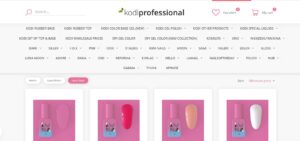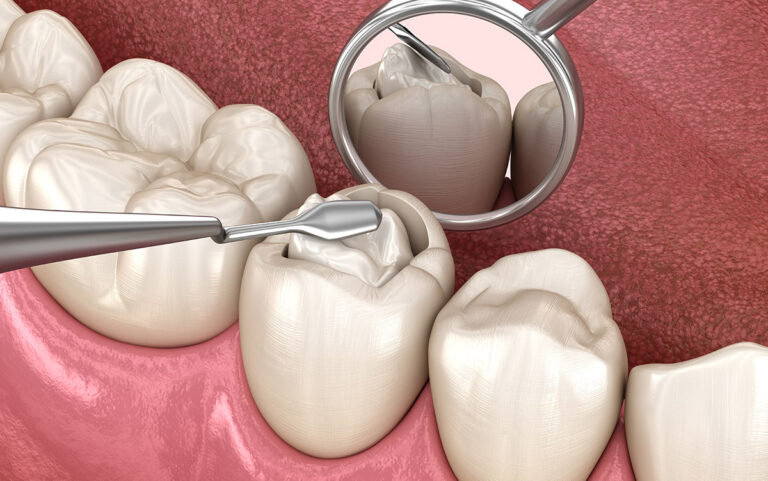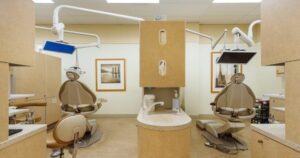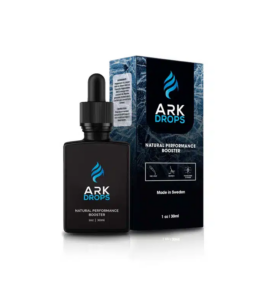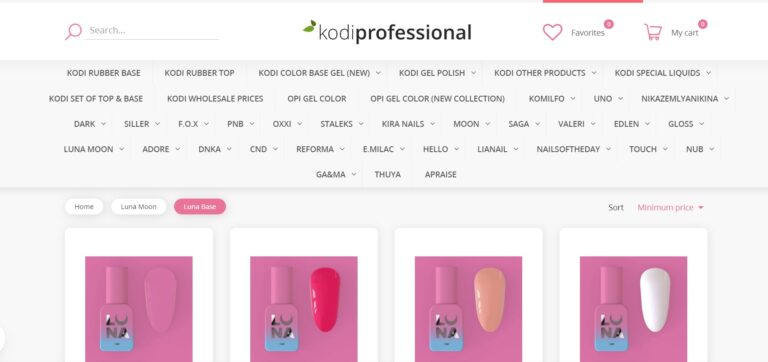Introduction
Are you or a loved one suffering from sleep apnea? If so, you’re not alone. Sleep apnea is a common yet potentially serious sleep disorder that can disrupt your quality of life and overall health. The good news is that there are effective treatments available, including oral appliances. In this article, we will guide you through the process of finding the best sleep apnea specialist and oral appliance options near you, ensuring you get the care and solutions you need to improve your sleep and overall well-being.
Understanding Sleep Apnea
Before diving into finding a sleep apnea specialist and exploring oral appliance options, let’s first understand what sleep apnea is. Sleep apnea is a condition characterized by repeated pauses in breathing during sleep. These pauses, known as apneas, can last for seconds to minutes and can occur multiple times during the night.
There are two main types of sleep apnea:
-
Obstructive Sleep Apnea (OSA): This is the most common type, occurring when the throat muscles relax excessively, leading to a blockage of the airway.
-
Central Sleep Apnea: In this type, the brain doesn’t send the proper signals to the muscles that control breathing.
Both types of sleep apnea can have serious consequences if left untreated, including daytime fatigue, increased risk of accidents, and various health issues such as heart disease, high blood pressure, and stroke.
Recognizing the Symptoms
Recognizing the symptoms of sleep apnea is essential for seeking proper treatment. Common symptoms of sleep apnea include:
- Loud and persistent snoring
- Episodes of gasping or choking during sleep
- Excessive daytime fatigue
- Morning headaches
- Difficulty concentrating
- Irritability and mood changes
- Frequent nighttime awakenings
If you or someone you know experiences these symptoms, it’s crucial to seek professional help.
Finding a Sleep Apnea Specialist
When searching for a sleep apnea specialist, you should look for a healthcare professional who specializes in diagnosing and treating sleep disorders. Here’s a step-by-step guide to help you find the right sleep apnea specialist near you:
-
Start with Your Primary Care Physician: Your first step should be to consult your primary care physician. They can evaluate your symptoms, medical history, and perform initial assessments. They may refer you to a specialist if necessary.
-
Seek Referrals: Ask your primary care physician, family, friends, or colleagues for recommendations. Personal referrals often lead to finding reputable specialists.
-
Online Research: Use the internet to search for sleep apnea specialists near you. You can include your location in the search, such as “sleep apnea specialist near me.” This will yield a list of potential specialists in your area.
-
Check Credentials: Once you have a list of potential specialists, check their credentials. Ensure they are board-certified in sleep medicine or related fields. You can usually find this information on their practice’s website or through a medical board’s directory.
-
Read Reviews: Look for patient reviews and testimonials about the specialists you are considering. Reviews can provide insight into the quality of care and patient satisfaction.
-
Contact the Specialist: Call or email the specialist’s office to inquire about their services, insurance acceptance, and appointment availability. You can also ask any questions you have about their approach to sleep apnea treatment.
Choosing the right sleep apnea specialist is a critical step in your journey to better sleep and improved health. Don’t rush the process; take your time to find the best fit for your needs.
Oral Appliance for Sleep Apnea
Now that you’ve found a qualified sleep apnea specialist, they may recommend various treatment options depending on the severity and type of sleep apnea. One effective treatment for mild to moderate obstructive sleep apnea is the use of oral appliances.
Oral appliances, also known as mandibular advancement devices (MADs) or dental sleep devices, are designed to keep your airway open during sleep by repositioning your jaw and tongue. These devices are custom-made to fit your mouth comfortably, and they are considered a non-invasive alternative to continuous positive airway pressure (CPAP) machines.
Here’s how to find an oral appliance for sleep apnea near you:
-
Consult Your Sleep Apnea Specialist: Start by discussing the option of oral appliances with your sleep apnea specialist. They will assess whether you are a suitable candidate for this treatment.
-
In-House Dental Services: Some sleep centers and hospitals have in-house dental services where they can fit you with an oral appliance. This can be a convenient option, as you’ll receive comprehensive care in one place.
-
Dental Sleep Medicine Specialists: You can also search for dental sleep medicine specialists who are experts in providing oral appliances for sleep apnea. Use search terms like “dental sleep medicine near me” or “oral appliance for sleep apnea specialist.”
-
Ask About Customization: Ensure that the oral appliance you receive is custom-fitted to your mouth. This will maximize both its effectiveness and comfort.
-
Insurance Coverage: Check with your insurance provider to see if oral appliance therapy is covered. Your sleep apnea specialist or dental sleep medicine specialist can also assist you in navigating the insurance process.
Benefits of Oral Appliances
Using an oral appliance for sleep apnea offers several benefits:
-
Comfort: Many patients find oral appliances more comfortable and less invasive than CPAP machines.
-
Quiet: Oral appliances are silent and do not produce the noise associated with CPAP machines.
-
Portability: Oral appliances are small and easy to transport, making them suitable for travel.
-
Increased Compliance: Some patients who struggle with CPAP compliance find oral appliances more acceptable and therefore use them consistently.
-
Improvement in Sleep: Oral appliances effectively reduce the number of apnea events, leading to improved sleep quality.
It’s essential to follow your sleep specialist’s guidance and have regular follow-up appointments to ensure the oral appliance is effectively managing your sleep apnea.
Conclusion
Sleep apnea is a condition that can significantly impact your quality of life and overall health. Finding a qualified sleep apnea specialist and exploring oral appliance options near you is a crucial step toward better sleep and well-being. By following the steps outlined in this article, you can take control of your sleep apnea treatment and get on the path to a healthier, more restful life. Don’t let sleep apnea hold you back – take action today and invest in your sleep health.

